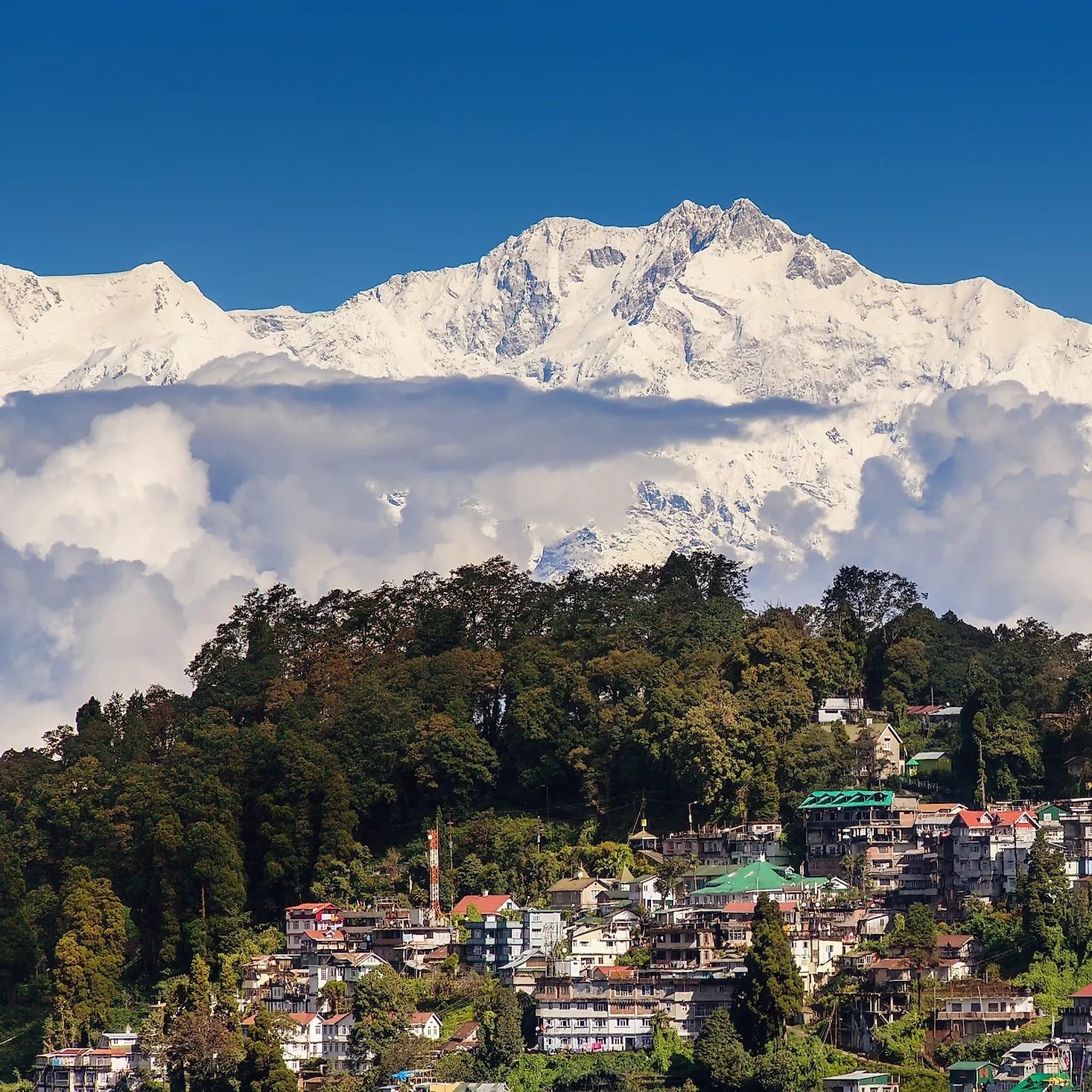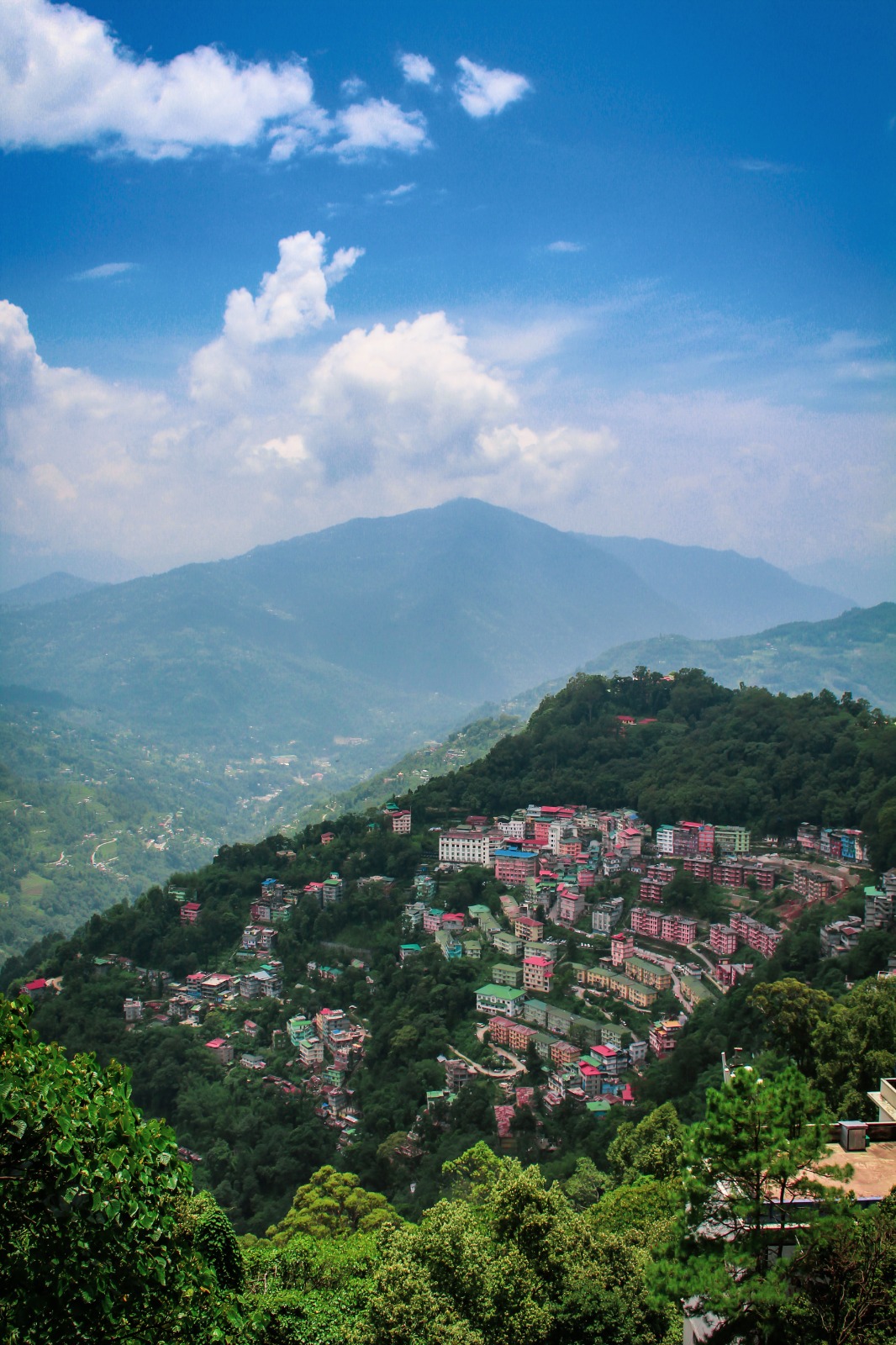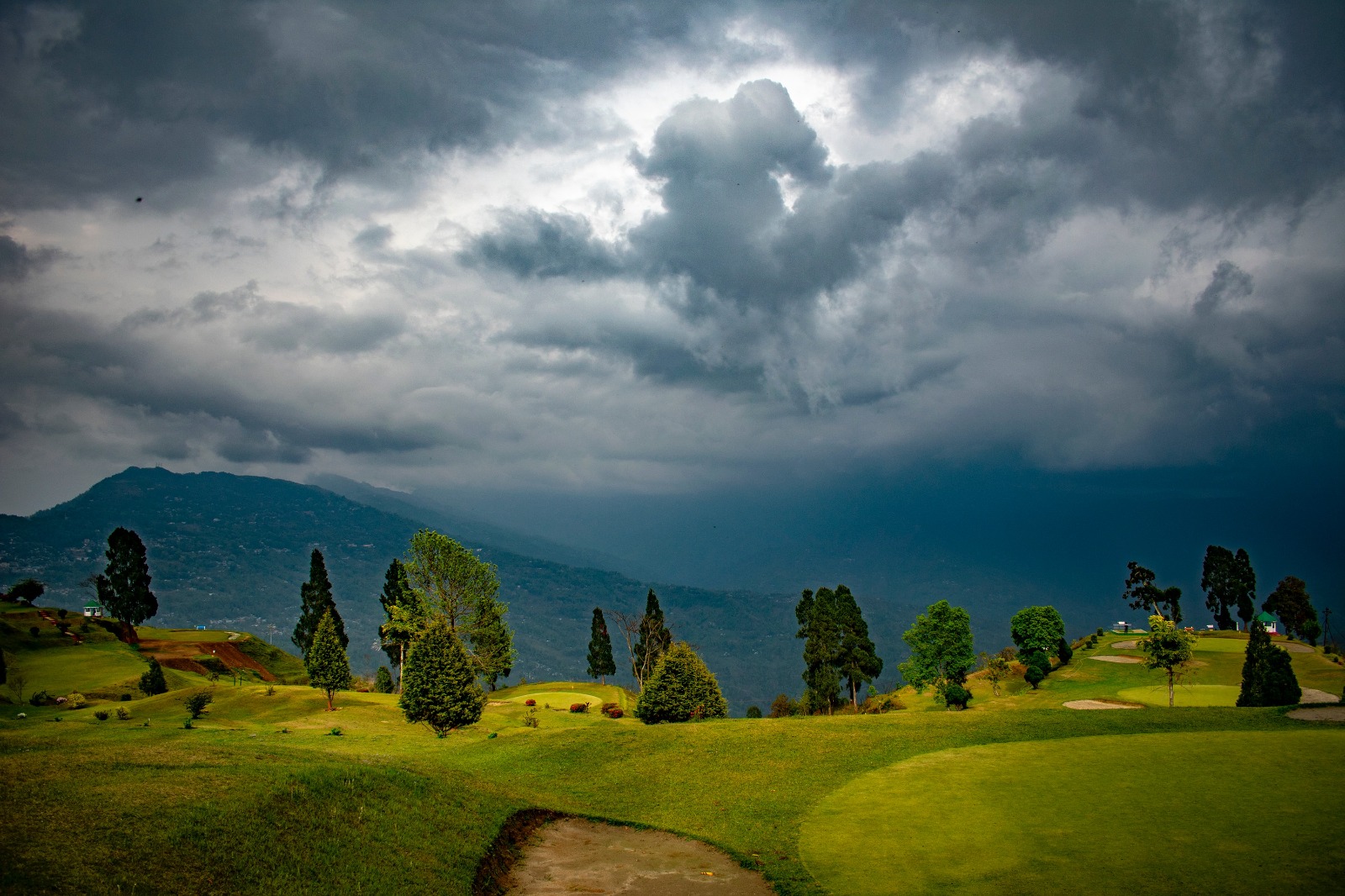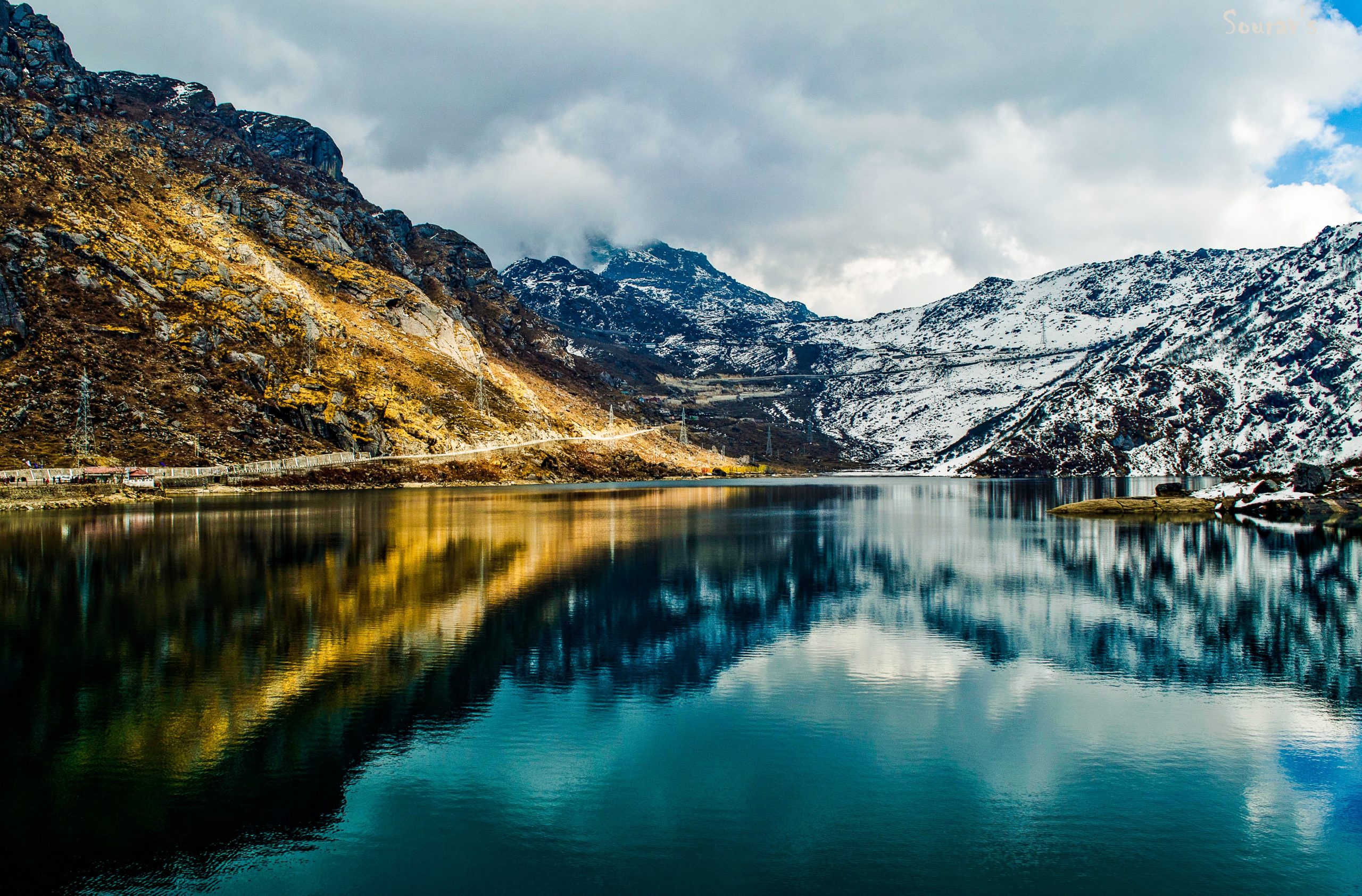Nestled in the pristine folds of the Bhutanese Himalayas, the Phobjikha Valley emerges as a sanctuary of natural beauty and cultural richness. Located in the district of Wangdue Phodrang, this expansive glacial valley is not merely a geographical wonder but a testament to Bhutan's commitment to environmental conservation and the coexistence of nature and culture.
Geography and Landscape
Phobjikha, often referred to as the "Bowl of Happiness," is a glacial valley sitting at an altitude of approximately 3,000 meters (9,800 feet) above sea level. Surrounded by verdant hills and dense forests, the valley opens up to a broad, flat expanse that stretches for miles, providing a picturesque panorama.
The valley's expansive floor, dotted with traditional farmhouses and meandering streams, serves as the winter habitat for the black-necked cranes, a migratory bird species revered in Bhutanese culture. The landscape, defined by its natural contours and the gentle flow of the Nakay Chhu River, creates an atmosphere of serenity and tranquility.
Cultural Significance
Phobjikha is not only a haven for nature enthusiasts but also holds deep cultural importance. The Gangtey Monastery, or Gangtey Gonpa, perched on a ridge overlooking the valley, stands as a spiritual anchor. Built in the 17th century, the monastery is an architectural gem that not only provides stunning views but also serves as a center for religious practices and festivals.
One such festival is the annual Black-necked Crane Festival, held in November, celebrating the arrival of the revered cranes to Phobjikha. The festival blends traditional dances, rituals, and environmental awareness, emphasizing the harmonious coexistence of the local community with the natural environment.
Conservation Efforts
Phobjikha is a prime example of Bhutan's dedication to environmental preservation. The valley is part of the Black-necked Crane Conservation Area, a protected area aimed at safeguarding the habitat of these endangered birds. Bhutan's unique approach to conservation, anchored in the philosophy of Gross National Happiness, ensures that development and progress are balanced with the protection of biodiversity.
The Black-necked Crane Information Centre in Phobjikha plays a crucial role in raising awareness about these majestic birds. Visitors can learn about the cranes' migratory patterns, behavior, and their significance in both ecological and cultural contexts.
Phobjikha Nature Information Centre
This center, established to promote environmental education, provides insights into the region's diverse flora and fauna. Visitors can explore exhibits on the valley's ecosystem, contributing to a deeper understanding of the delicate balance that sustains life in Phobjikha.
Valley Walks and Serenity
The valley offers enchanting walks, allowing visitors to immerse themselves in the natural beauty and tranquility. The vast meadows, blanketed with wildflowers in the warmer months, invite contemplative strolls. The cool mountain air, the sound of rustling leaves, and the occasional sighting of cranes create an atmosphere of peaceful solitude.
Accommodation and Hospitality
Accommodation options in Phobjikha range from cozy guesthouses to traditional Bhutanese farm stays. These lodgings, often adorned with intricate woodwork and offering stunning views, provide not just a place to stay but an opportunity to experience Bhutanese hospitality and rural life.
Phobjikha, with its natural grandeur and cultural tapestry, captures the essence of Bhutan's commitment to sustainable living. As the valley cradles the black-necked cranes during the winter months and invites visitors into its embrace, it becomes a sanctuary for both nature and the human spirit. A journey to Phobjikha is not just a travel experience; it's an immersion into the beauty of Bhutan's heartland, where the simplicity of life harmonizes with the grandeur of the Himalayas.




